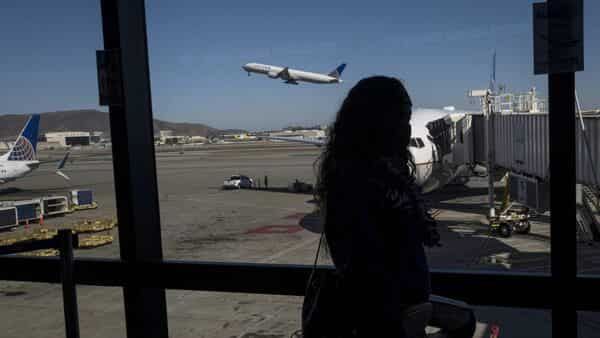
So far 21% respondents have booked the tickets and reserved the accommodation, an indication of confirmed travel plans, while another 3% have plans to utilize prior booked but deferred travel tickets and accommodation, while 21% respondents have plans to travel in the next two months but are still to make bookings. Another 13% are still undecided while 42% have no travel plans, a LocalCircles survey showed.
Compared to August 2021, considerable improvement in consumer sentiments as the percentage of those not inclined to travel has dipped from 63% to 42%
If compared to the outcome of a survey conducted in August 2021, the new survey indicates considerable improvement in consumer sentiments as the percentage of those not inclined to take a holiday to travel has dipped from 63% to 42%, while those having bought tickets and confirmed stay plans has risen from mere 5% in the corresponding month last year to 21% in August 2022. Another category where there is a noticeable difference is the rise in percentage of those undecided. This could well be due to families feeling the pinch due to rising cost of living, education, healthcare and even travel, which has made a considerable dent in the savings and leisure budget of thousands of families.
Reflecting improvement in travel sentiments, World Travel & Tourism Council (WTTC) in its latest Economic Impact Report (EIR) has forecast that the sector’s contribution to the Indian economy could surpass pre-pandemic levels to reach almost Rs. 15.9 trillion (U.S. $215 billion) in 2022, with a year-on-year growth of 20.7% which is 1% above 2019 levels.
Following the significant decline in 2020, the global tourism body’s latest EIR report reveals that 2021 saw the beginning of the recovery for the country’s Travel & Tourism sector. In 2022, the jobs in the sector are set to grow to almost 35 million, an 8.3% growth over last year, when employment in the sector dipped due to impact of the second wave of the health pandemic. In 2019, the sector supported more than 40 million jobs, which fell to slightly over 29 million in 2020 due the lockdown and travel restrictions.
